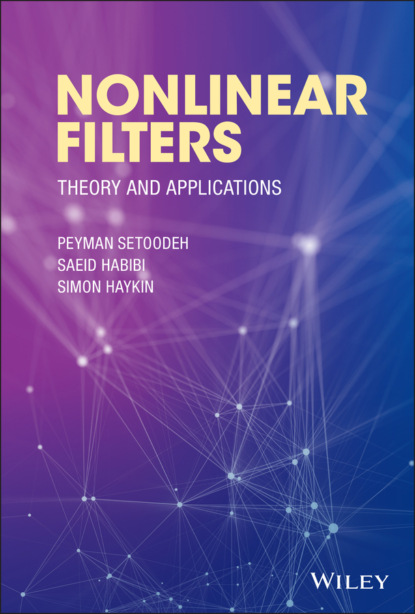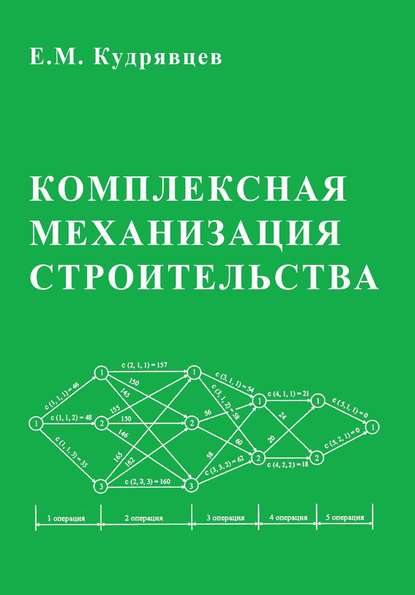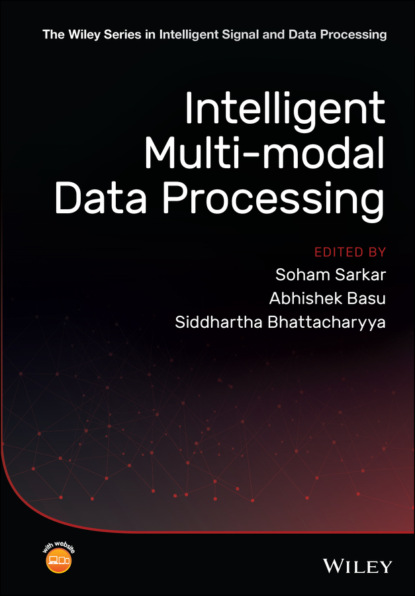Simon Haykin's "Nonlinear Filter" is an invaluable resource for anyone seeking to understand how deep learning can be applied to derive filtering algorithms in various fields, such as control theory, statistics, machine learning, etc. It provides a comprehensive overview of algorithmic approaches for state and parameter estimations that combines ideas from these fields. This book is not only an intuitive insight for engineers and scientists but also serves as a self-standing resource that can help readers develop their skills and advance their careers.
This book explores a deep understanding of both classic filtering algorithms and machine-learning-based algorithms, along with the stability, accuracy, accessibility, and sufficient algorithmic foundations of all these methods. In addition, readers are encouraged to explore the concept of observability while observing nonlinear observers as well as the field of optimal filtering. The book also includes a very deep exploration into the fundamentals and principles of the Kalman Filter and particle filter. While guiding readers through the complex mathematics and difficult concepts, the authors took the time to create a broader scope to discuss joint estimation of state parameters with guidance on designing and using nonparametric probabilistic models in some exceptional topics on Bayesian filtering, the expectation-maximization method, and Reinforcement Learning. The book is intended for readers wishing to broaden their perspective on the more contemporary methods used in data driven and recursive estimation, and especially those needing to provide more sophisticated approaches to tackle a variety of issues that arise in many contemporary problems. Specifically, these include pandemic and cyber attack forecast systems, fused navigation and track models, autonomous vehicles, navigational scenarios, edge computing, sensors, and connectivity.
Электронная Книга «Nonlinear Filters» написана автором Simon Haykin в году.
Минимальный возраст читателя: 0
Язык: Английский
ISBN: 9781119078159
Описание книги от Simon Haykin
NONLINEAR FILTERS Discover the utility of using deep learning and (deep) reinforcement learning in deriving filtering algorithms with this insightful and powerful new resource Nonlinear Filters: Theory and Applications delivers an insightful view on state and parameter estimation by merging ideas from control theory, statistical signal processing, and machine learning. Taking an algorithmic approach, the book covers both classic and machine learningbased filtering algorithms. Readers of Nonlinear Filters will greatly benefit from the wide spectrum of presented topics including stability, robustness, computability, and algorithmic sufficiency. Readers will also enjoy: Organization that allows the book to act as a stand-alone, self-contained reference A thorough exploration of the notion of observability, nonlinear observers, and the theory of optimal nonlinear filtering that bridges the gap between different science and engineering disciplines A profound account of Bayesian filters including Kalman filter and its variants as well as particle filter A rigorous derivation of the smooth variable structure filter as a predictor-corrector estimator formulated based on a stability theorem, used to confine the estimated states within a neighborhood of their true values A concise tutorial on deep learning and reinforcement learning A detailed expectation of the expectation maximization algorithm and its machine learning-based variants, used for joint state and parameter estimation Guidelines for constructing nonparametric Bayesian models from parametric ones Perfect for researchers, professors, and graduate students in engineering, computer science, applied mathematics, and artificial intelligence, Nonlinear Filters: Theory and Applications will also earn a place in the libraries of those studying or practicing in fields involving pandemic diseases, cybersecurity, information fusion, augmented reality, autonomous driving, urban traffic network, navigation and tracking, robotics, power systems, hybrid technologies, and finance.



















